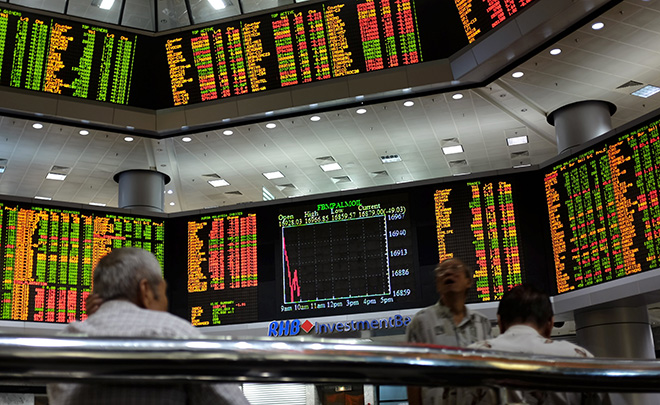THE levies imposed on the corporate sector in Budget 2022 – especially cukai makmur (windfall tax) coupled with the spread of the Omicron variant – has derailed what could be a strong finish to 2021 for the laggard FBM KLCI.
While 2022 has a prima facie equities-supportive backdrop per sustained economic recovery, Maybank IB Research opined that the domestic market needs time to ‘recuperate’ from Budget 2022 measures that are resulting in a GDP-divergent year-on-year (yoy) earnings contraction for the FBM KLCI – its’ fourth in five years.
“Coupled with policy risks ahead of general elections (GE15) that must be held by mid-2023, early polls are the best-case scenario for cementing a sustained market recovery into 2H 2022,” the research house pointed out in its 2022 market outlook. “We retain a balanced positioning via a mix of value and growth stocks and continuing yield focus.”
While cukai makmur is indicated to be a one-off levy, investors will need to see convincing measures within the Government’s Medium Term Revenue Strategy (MTRS) which is due in mid-2022 to sustainably broaden fiscal revenue generation.
Such measures are anticipated to reduce the risk of the corporate sector continuing to be tapped to bridge fiscal gaps. “However, a shift to indirect taxation such as a return of good and services tax (GST) is highly unlikely in the run-up to GE15,” projected Maybank IB Research.
Further, with circa 24% of loans under targeted repayment assistance programmes as of October/November credit costs, this could lead to non-performing loan (NPL) formation post-expiry of the second loan moratorium at end-December.
“Early elections should help clear the decks in terms of delivering optimal policy responses to these challenges that are driven by long-term economic needs/realities vs near-term political expediency with the resulting moderation in market risk premium allowing for a broadly positive inflection in broad investor sentiment.,” anticipated Maybank IB Research.
“For thematics, while the PERKUKUH programme outlined in August is aimed at boosting the return on investment (ROI) of government-linked investment companies (GLICs)/government-linked companies (GLCs), this is likely to be an incremental process barring bold management and/or organisational restructuring.”
Learning from the 2021 experience, Maybank IB Research observed that even as growth-boosting economic re-openings gathered pace into 4Q 2021, policy risk replaced lockdowns as a major concern in the wake of expanded populist measures.
These come in the form of a blanket three-month interest waiver across the entire B50 income group in September which was subsequently fine-tuned via the more targeted URUS programme in October as well as a relatively market-unfriendly Budget 2022.
The budget’s negative surprises included:
- A broad-based, one-off cukai makmur that will significantly impact 2022 corporate/market earnings;
- An increase in stamp duty for contract notes from 0.1% to 0.15% and abolishment of the limit for stamp duty of RM200 per contract note which will have a dampening effect on Bursa Malaysia trading activity; and
- Removal of the tax exemption on foreign-sourced income when this income is remitted to Malaysia which is likely to increase the tax bill of corporates with significant, dividend-paying overseas operations (eg IHH Healthcare Bhd, Axiata Group Bhd, YTL Power International Bhd) while also deterring repatriation of overseas funds, weighing on the ringgit and investment flows. – Dec 10, 2021










